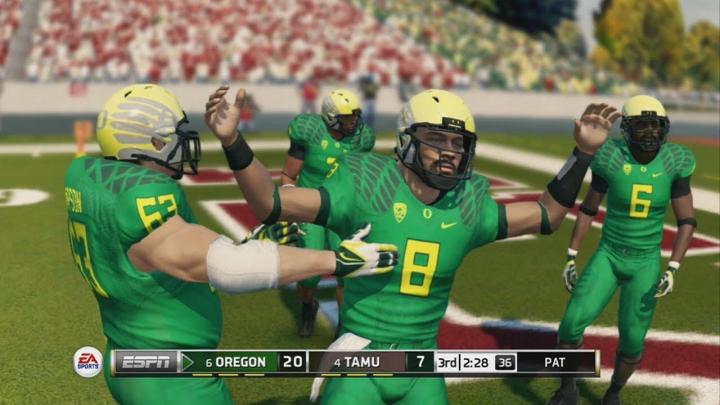
The ruling further prevents the NCAA from enforcing rules that prohibit member schools from creating trust funds for college basketball and football players using “a limited share of licensing revenue.” The college sports regulatory body will still be permitted to set caps on both the amount of money its players can earn and any trust funds that might be established in their names.
Related: EA Sports’ NCAA Football series is no more… for now
Wilken’s ruling marks the latest development in a five-year-case that started in 2009 when UCLA basketball player Ed O’Bannon filed a lawsuit against the NCAA for the unauthorized use of his likeness in a video game. The Collegiate Licensing Company and publisher Electronic Arts, also named as co-defendants in the suit, reached a $40 million settlement earlier in 2014 that will be paid out to current and former players that have appeared in EA college sports games since 2003. Wilken’s ruling, on the other hand, sets limits on how much power the NCAA wields over player income relating to their college sports activities.
This is a particularly noteworthy development in light of the fact that EA cancelled its NCAA Football series of video games in 2013 after the NCAA opted not to renew its licensing contract — which expired in June 2014 — with the publisher. While Wilken’s ruling applies to far more than just video games, the permanent injunction — should it hold up to appeals — establishes a new playing field, as it were, for the NCAA’s future dealings with players and licensees.


